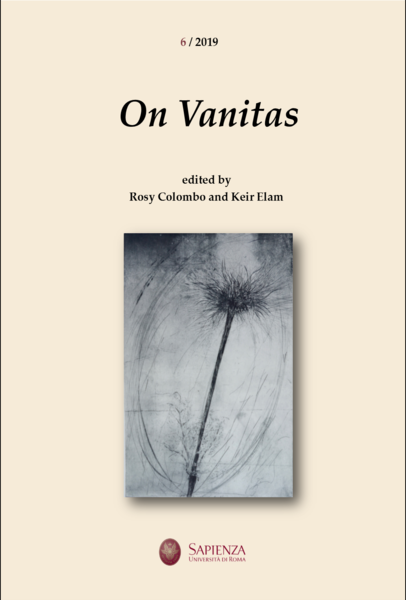Shakespeare Contra Erasmus
DOI:
https://doi.org/10.13133/2283-8759/16398Abstract
This essay reads Erasmus, with the mediation of nineteenth-century theorists, as one of Shakespeare's dominant influences: this is equally true for his his dramatic, theatrical, and lyric production. Drawing upon The Praise of Folly, Enchiridion, and Adagia, as well as “vanitas” portraiture and emblematic literature, this essay aims to provide a textual analysis of cross-references between Erasmus' and Shakespeare's shared conceptions of the Renaissance idea of vanity, in their treatment of such themes as illusion, fancy and imagination, phantasm, as well as politics.
Keywords: Erasmus, Shakespeare, Vanity, Folly, Illusion, Fancy, Phantasm, Simulation


